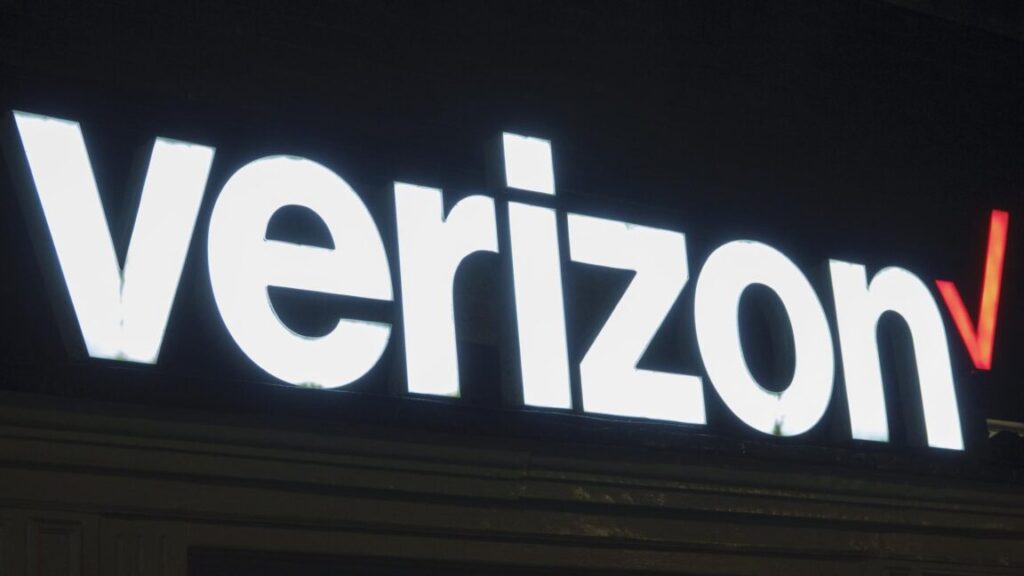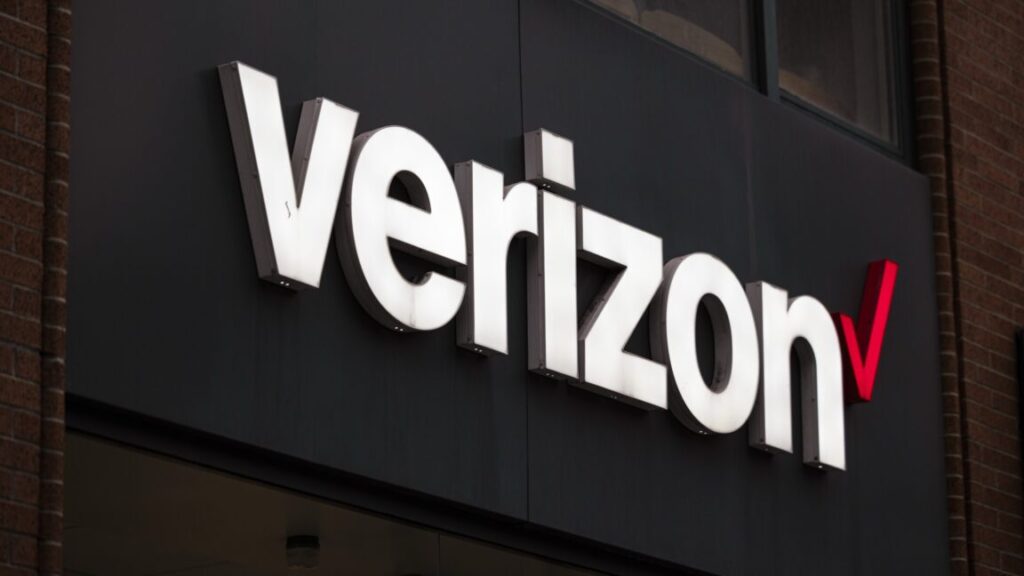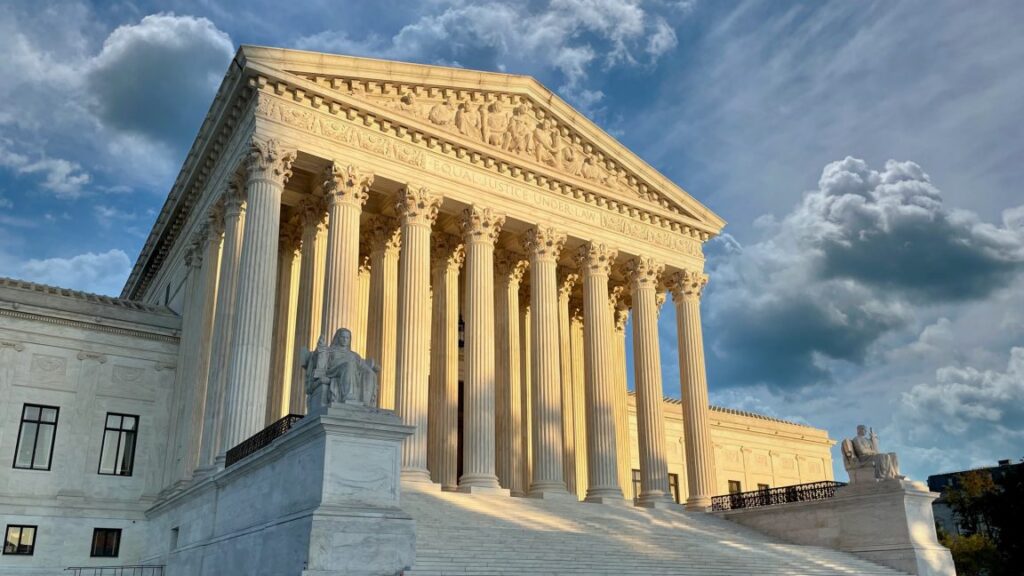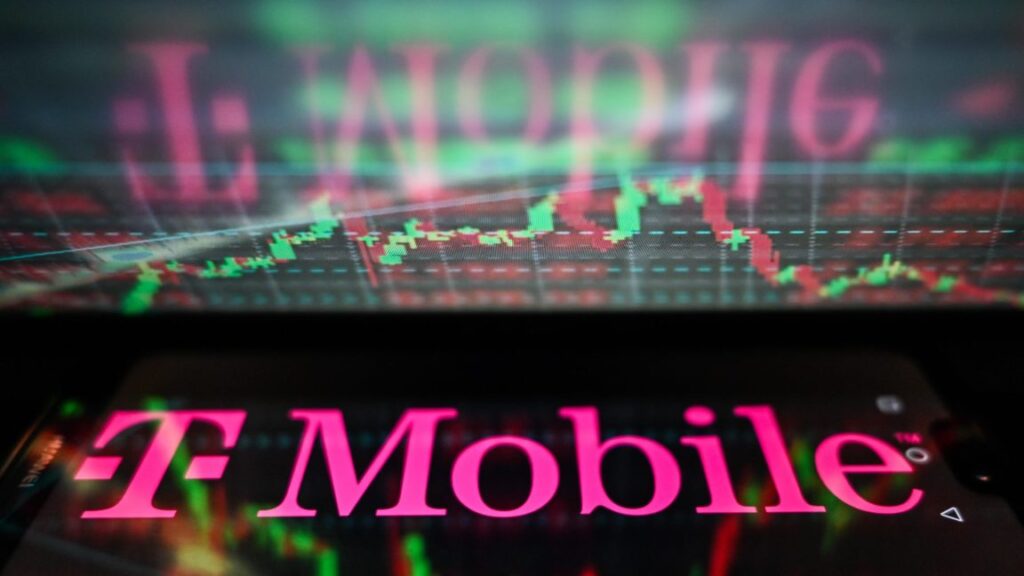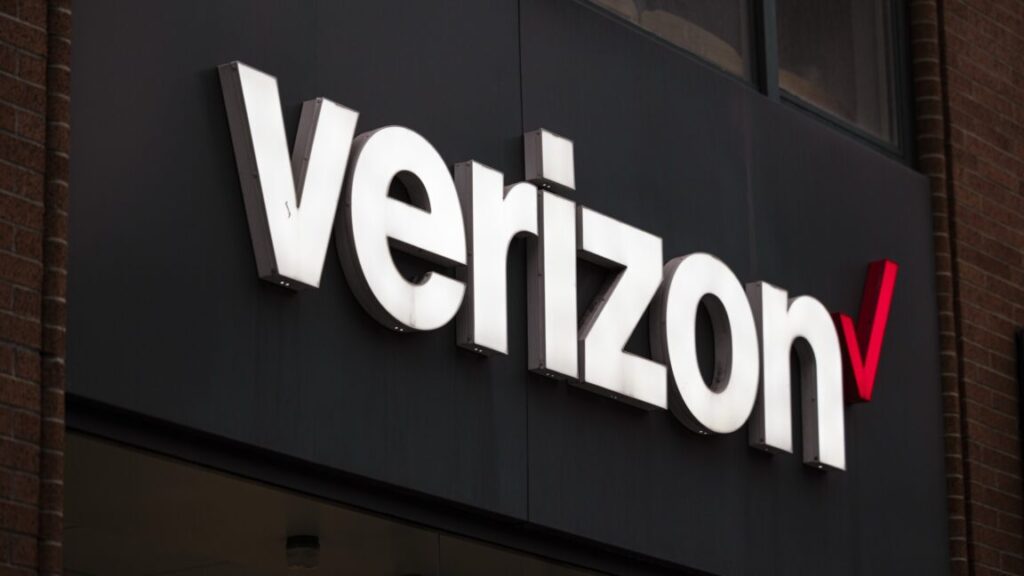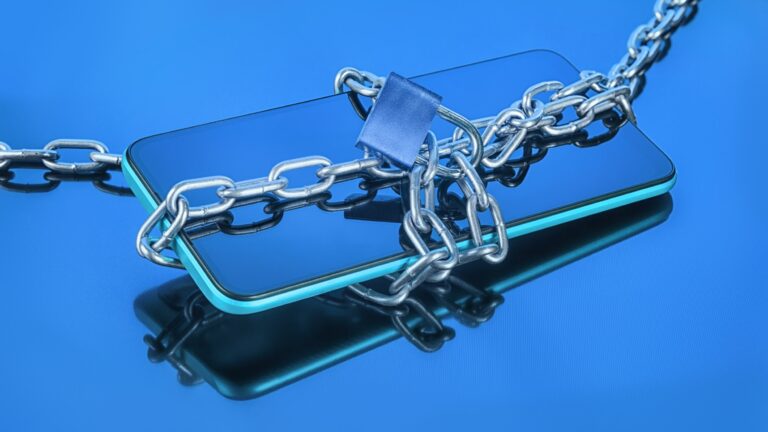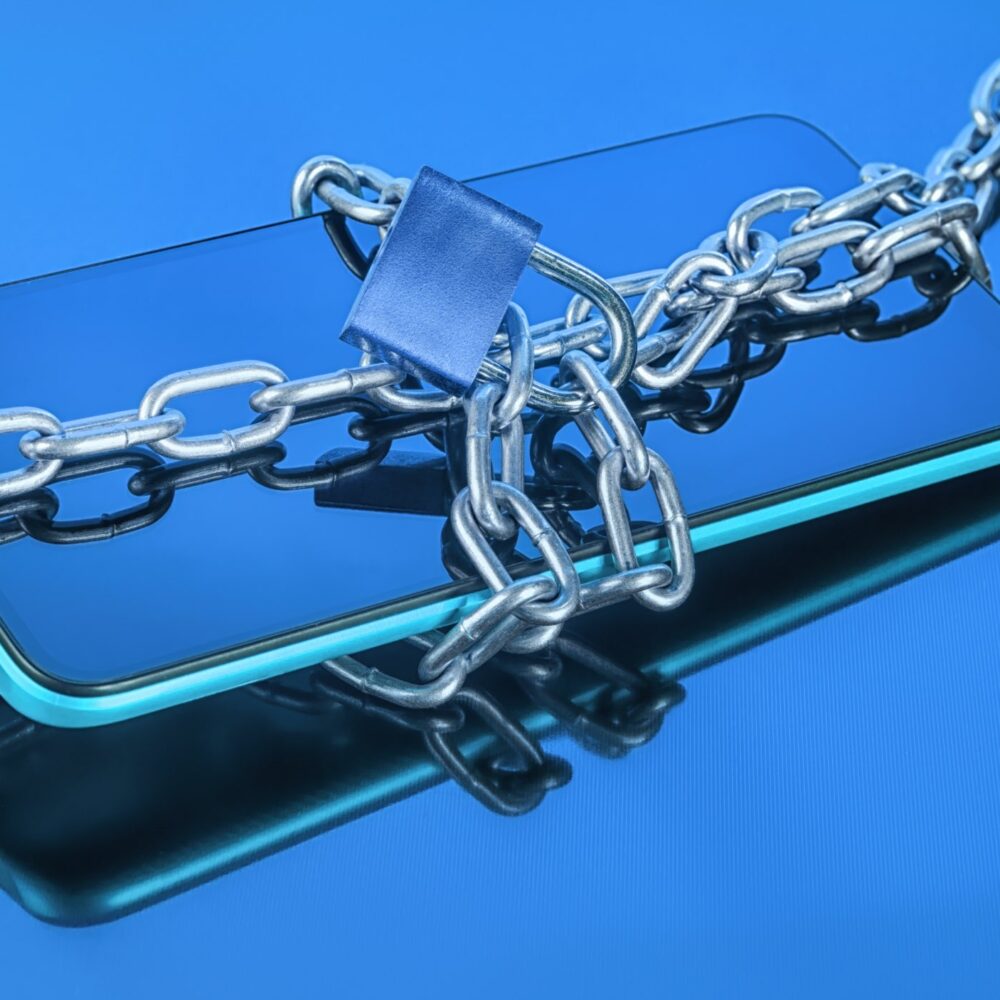Verizon starts requiring 365 days of paid service before it will unlock phones
Verizon has started enforcing a 365-day lock period on phones purchased through its TracFone division, one week after the Federal Communications Commission waived a requirement that Verizon unlock handsets 60 days after they are activated on its network.
Verizon was previously required to unlock phones automatically after 60 days due to restrictions imposed on its spectrum licenses and merger conditions that helped Verizon obtain approval of its purchase of TracFone. But an update applied today to the TracFone unlocking policy said new phones will be locked for at least a year and that each customer will have to request an unlock instead of getting it automatically.
The “new” TracFone policy is basically a return to the yearlong locking it imposed before Verizon bought the company in 2021. TracFone first agreed to provide unlocking in a 2015 settlement with the Obama-era FCC, which alleged that TracFone failed to comply with a commitment to unlock phones for customers enrolled in the Lifeline subsidy program. TracFone later shortened the locking period from a year to 60 days as a condition of the Verizon merger.
While a locked phone is tied to the network of one carrier, an unlocked phone can be switched to another carrier if the device is compatible with the other carrier’s network. But the new TracFone unlocking policy is stringent, requiring customers to pay for a full year of service before they can get a phone unlocked.
“For all cellphones Activated on or after January 20, 2026, the cellphone will be unlocked upon request after 365 days of paid and active service,” the policy says. A customer who doesn’t maintain an active service plan for the whole 12 months will thus have their unlocking eligibility date delayed.
Besides TracFone, the change applies to prepaid brands Straight Talk, Net10 Wireless, Clearway, Total Wireless, Simple Mobile, SafeLink Wireless, and Walmart Family Mobile. Customers who bought phones before today are still eligible for unlocks after 60 days.
365 days of paid service
As DroidLife points out, the Verizon-owned prepaid brand Visible is also requiring a year of paid service. The Visible policy updated today requires “at least 365 days of paid service” for an unlocking request. “If you stop paying for service, your progress toward the 365-day requirement pauses. It will resume once you reactivate your account and continue until you reach a total of 365 paid days of service,” the policy says.
Verizon starts requiring 365 days of paid service before it will unlock phones Read More »
